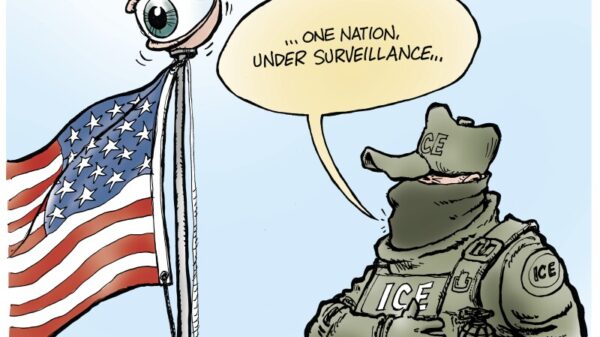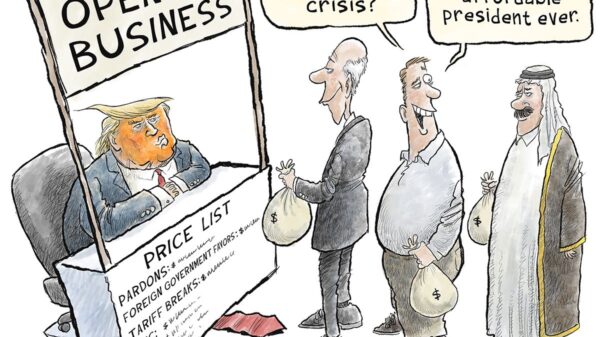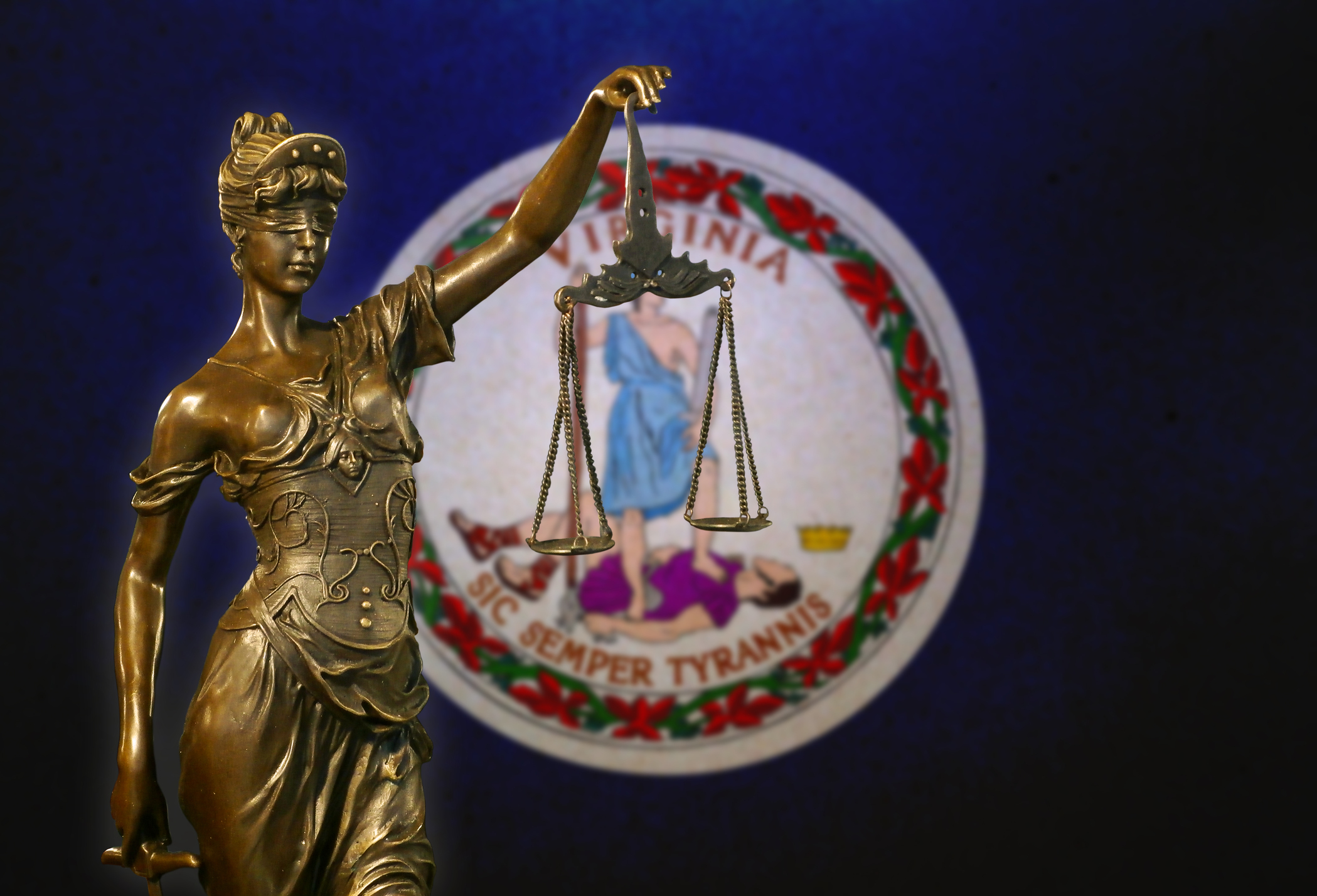Erik Siebert, the U.S. Attorney for the Eastern District of Virginia, has resigned following intense pressure from President Donald Trump regarding his management of an investigation into New York Attorney General Letitia James. Siebert, who was nominated by Trump in May 2023 but had not yet been confirmed by the Senate, was overseeing claims that James committed mortgage fraud by allegedly falsifying records to obtain favorable loan terms.
The investigation was initiated based on allegations from Federal Housing Finance Agency Director William Pulte, who claimed that James misrepresented her financial records. Trump’s dissatisfaction with Siebert’s handling of the case was evident when he stated, “He didn’t quit, I fired him!” This comment underscores the political tension surrounding the investigation.
Criticism from Trump centered on Siebert’s connections to Democratic Senators Tim Kaine and Mark Warner, who supported his nomination. The President suggested that this backing indicated a lack of impartiality. Additionally, Trump expressed frustration that Siebert declined to pursue criminal charges against James, despite the investigation’s findings. Reports indicate that Siebert determined there was insufficient evidence to warrant a case.
In his resignation email, Siebert expressed gratitude to his colleagues for their commitment and professionalism, reinforcing his dedication to justice. The Eastern District of Virginia has not provided any further comments regarding his resignation.
Letitia James has firmly denied the allegations of mortgage fraud, asserting that the investigation is politically motivated. She described it as retaliation for her civil fraud case against Trump, which seeks damages for alleged financial misconduct.
The resignation raises significant concerns about the integrity and independence of the Justice Department. Legal and political analysts warn that the pressure exerted on Siebert to pursue charges without adequate evidence reflects a troubling trend of using government power to target political adversaries. This dynamic highlights the ongoing tension between law enforcement and political interests in high-profile investigations.
As the political landscape continues to evolve, the implications of Siebert’s departure may extend beyond this single case, prompting further scrutiny of how political influences intersect with judicial processes. The situation underscores the need for vigilance in maintaining the autonomy of law enforcement agencies amid political pressures.








































































